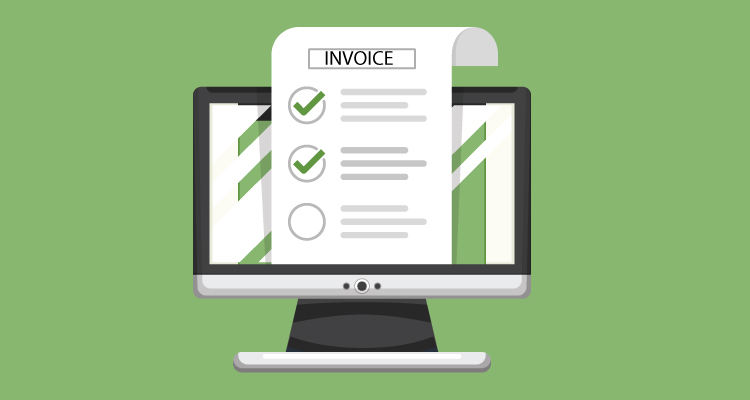In order for your business to be successful, you have to stay-on-top of your invoicing. Of course, this probably isn’t your favorite responsibility as a business owner. That’s because it can be boring and eat-up time that could be spent on something more productive. Sometimes you just plain don’t want to do invoicing. It’s like you rebel against the very thought of it.The good news is that technology has made it easier than even to optimize your business. Case in point, invoicing. Thanks to platforms like Due, you can now automate your invoicing.
Table of Contents
Toggle1. Data capture and import, verification, and approval.
One of the most time-consuming tasks is manually entering the invoice into the financial accounting system. Besides being time-consuming and tedious, this process is also prone to human error. Thankfully, you can automate your invoicing with technology that automatically captures an electronic copy of the creditor invoice from scanners, email, or import folders.
After the set-up, the system can identify and extract all required data from the invoice, such as the supplier, invoice number, invoice date, invoice amount, and purchase order. Your financial accounting systems receives an electronic image of the invoice and the invoice data.
As a result, you’ll save a ton of time. Automation can also verify an invoice. For example, the invoice details are matched against a purchase order, stock codes, or supplier details.
Since this reduces any human error, approving an invoice before it’s sent is now pretty much automatic. Once you’re able to quickly create and send an invoice, the faster you’ll get paid.
2. Recurring invoices.
“In most cases, you spend a lot of time manually entering the same information over and over again. Worst of all, even after you’ve created and sent the invoice to a client there’s no guarantee that they’re going to pay the bill on-time,” writes Due co-founder Chalmers Brown.
“Thankfully, there are now a wide-range of cloud-based invoicing solutions that allow you to offer recurring invoicing to your clients.”
Recurring invoicing is “when invoices are automatically created and sent to your client on a regular, pre-defined basis.” In other words, you “only have to set-up the invoicing procedure, such as the client name, invoice frequency, amount, and payment method, once.”
When you automate your invoicing with recurring invoices, you’ll receive predictable cash flow. You will also be able to eliminate late or missed payments. Recurring payments can also reduce hidden costs like paper, ink, and postage.
3. Chase outstanding payments.
Late payments are never good for business. It weakens your cash flow and can even put your business in jeopardy. Late fees erode your profitability.
While there plenty of ways to influence timely payments, like having a contract and offering a discount for early payments, automation can be used as well. For example, you can send upcoming payment reminders and “ping” clients until they pay the bill in-full.
This not only takes away the awkwardness of asking for a payment, the decision to automate your invoicing improves your cash flow and saves you the time of constantly contacting the client. However, don’t solely rely on automation to chase down late payments.
4. Digital archiving.
As you already know, you have to keep invoices for at least seven years. The biggest problem with having to keep this information for this extended period is that manually organizing these files is daunting and time-consuming. That’s not to mention the cost of investing in filing cabinets. Even worse, it’s easy to lose these documents because of fire or water damage.
This is another task that can become part of the process for how you automate your invoicing. A digital copy can automatically stored in the cloud. This way, you never lose invoices and have a way to easily retrieve them.








